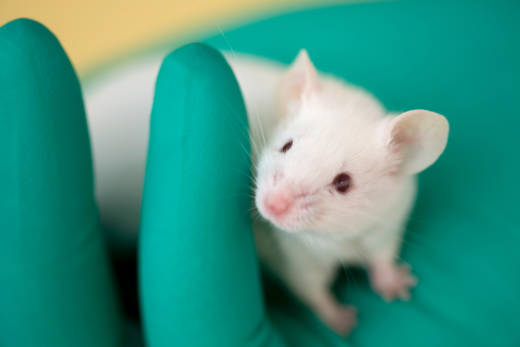Researchers have created mice that appear impervious to the lure of cocaine.
Even after the genetically engineered animals were given the drug repeatedly, they did not appear to crave it the way typical mice do, a team reports in Nature Neuroscience.
"They didn't keep going into the room where they received the cocaine and they seemed to be just as happy exploring all around the cage," says Shernaz Bamji, a professor in the Department of Cellular and Physiological Sciences at the University of British Columbia in Vancouver.
"Addiction is a form of learning," Bamji says. And somehow, these mice never learned to associate the pleasurable feelings produced by cocaine with the place where they received the drug.
The result was startling because the scientists thought these mice would be especially susceptible to addiction. "We repeated the experiment several times to see if we had made a mistake," Bamji says.

9(MDAxOTAwOTE4MDEyMTkxMDAzNjczZDljZA004))
